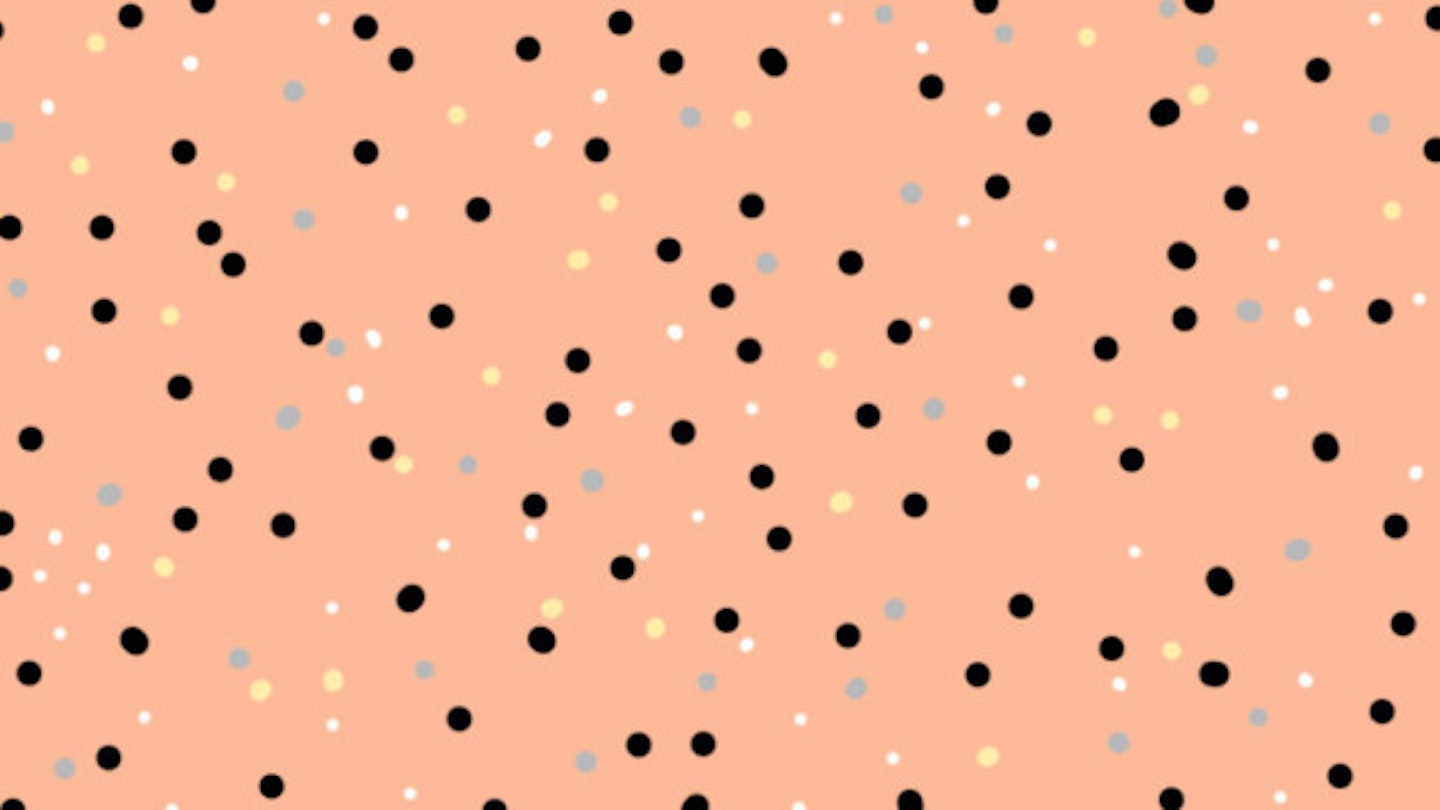Does your favourite face wash have little beads in it? Tiny tiny balls that you massage into your skin? If the answer is yes, then savour it because they won't exist for much longer.
After the Beat the Microbead campaign was launched by marine conservationists, asking for the plastic balls to be replaced with 'environmentally friendly alternative, such as anise seeds, sand, salt or coconut', Cosmetics Europe, who represent over 4,000 companies, has now recommended that its members stop using microbeads by 2020.
The governor of California, Jerry Brown, has already signed legislation banning the sale of beauty products which contain them from January 2020. Plus, some companies such as Clarins, PZ Cussons, Unilever and Proctor & Gamble have already got rid of them or have set deadlines for doing so, The Times reports.
According to the BBC, the UK has now stepped up, with Environment Minister Rory Stewart tellings the commons that 'If we cannot get a common position out of the European Union, we are open to the possibility of the UK acting unilaterally.' Hearings microplastics are due to start on Monday by the Environmental Audit Committee.
The government had asked companies to phase out the microbeads but this was on an opt-in basis; Unilever are already doing it whilst L'Oreal are said to start next year.
Why though? Well, the seemingly innocuous beads are actually extremely damaging to the environment. The microbeads are too small to be caught in sewage systems so end up in the sea and are then eaten by many marine animals, slowly poisoning them.
This might seem like catastrophically bad news. For a start, how are you going to clean your face?! But hold your horses because, facial washes and cleansers that contain these beads (otherwise known as mechanical' or 'physical' exolfiation) may not actually be the best thing to use on your skin.
This is because the particles make them more likely to damage and inflame the skin (this is especially likely if you have acne). So now's your chance to get rid of them and try a chemical exfoliant instead. These may sound agressive and scary, but they're not, we promise. Opting for a chemical based exfoliant containing AHAs or BHAs is actually a really effective way of exfoliating your skin, even if you have sensitive skin. These work by sloughing off dull, dead skin cells, which will help with uneven skintone, redness, scarring and (whispers) fine lines.
Pixi's Glow Tonic, £18 for 250ml, is a cult favourite and a really good place to start, as the Alpha-H Liquid Gold.aspx){href='https://www.alpha-h.com/Products/Products/Specialty-Solution/Liquid-Gold-(1).aspx' target='_blank' rel='noopener noreferrer'}, £32 for 100ml. For more of a budget option, try Nip + Fab's Glycolic Cleansing Fix, £7.95 for 150ml. If you fancy reading more about exfoliation check out skincare expert, Caroline Hirons' cheat sheet on exfolation because she is the bomb.
Like this? You might also be interested in:
Follow Chemmie on Twitter @chemsquier
This article originally appeared on The Debrief.
